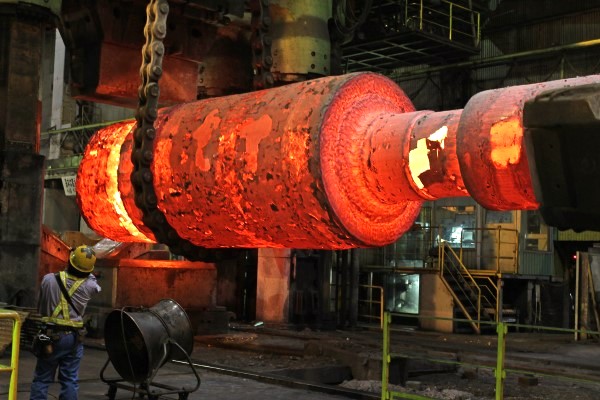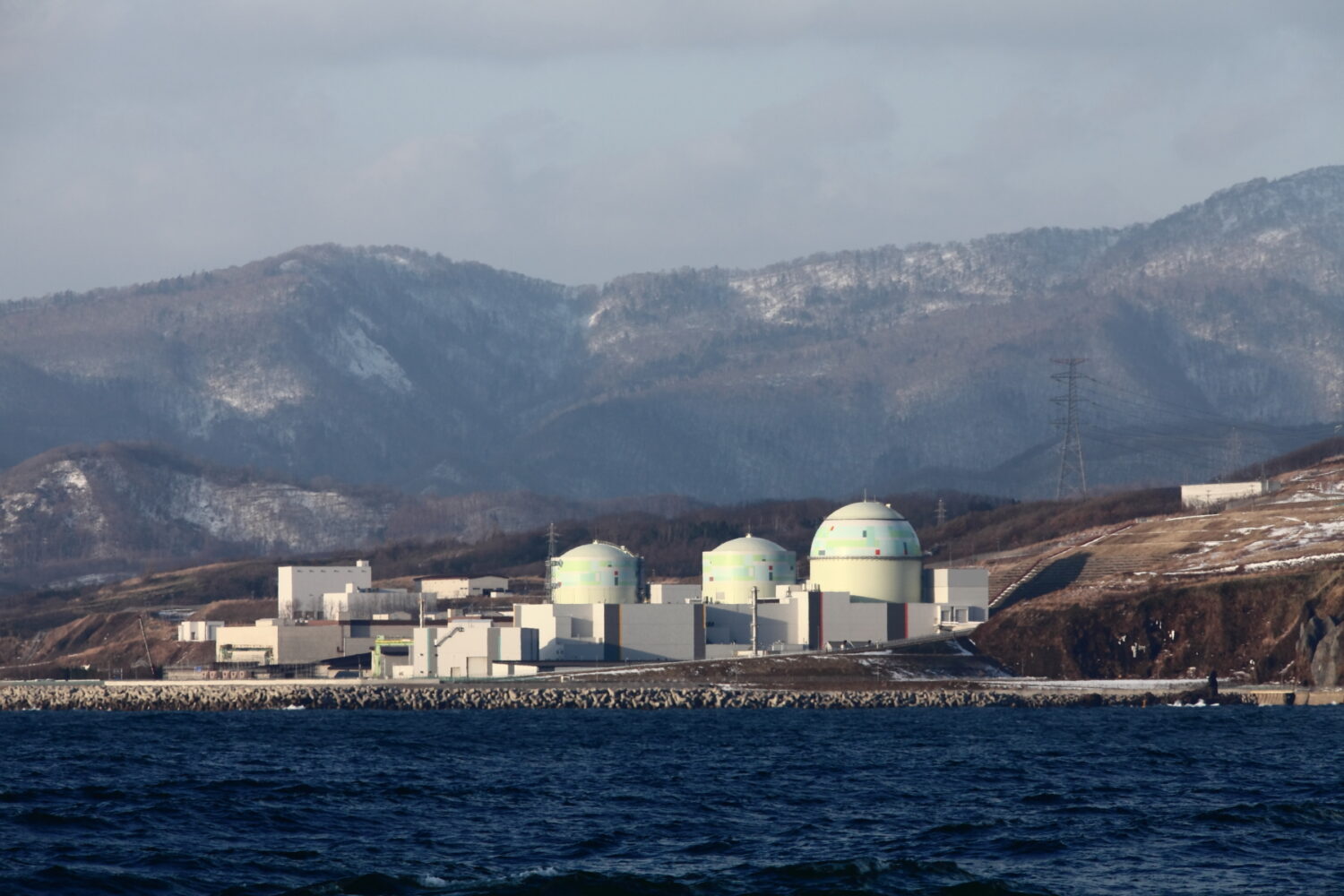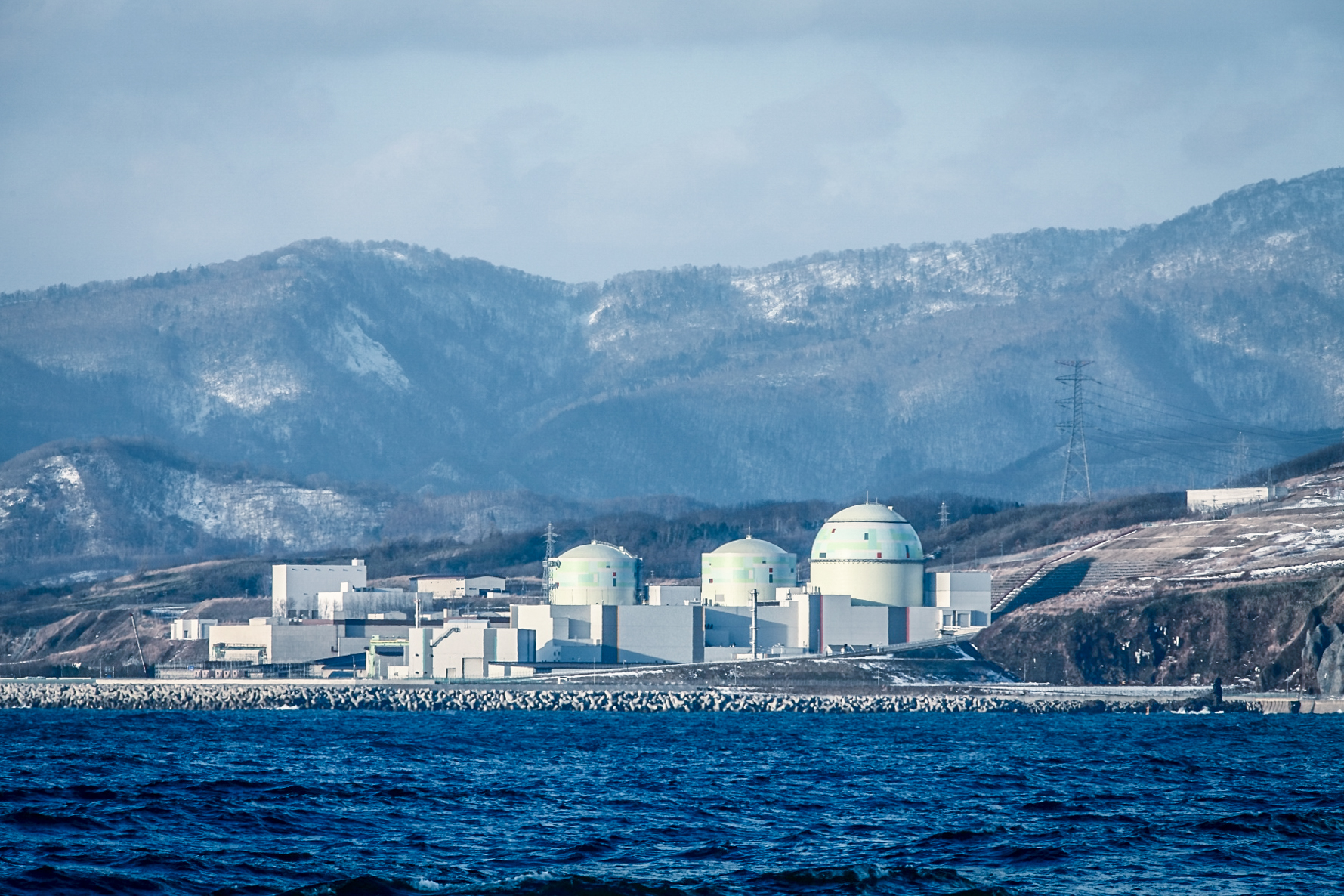The rising prices of the fuels used in thermal power plants—specifically, crude oil and liquefied natural gas (LNG)—were the primary reason for the falling profits. Also having a negative effect on the companies’ balance sheets was the loss of customers owing to the full deregulation of the retail power market in Japan, which took effect in April 2016.
Nine of the power companies—all but the Kansai Electric Power Co. (Kansai EP)—experienced higher fuel costs, and for some, including the Tokyo Electric Power Co. (TEPCO), increases were on the order of twenty percent.
Ordinary profit for the Hokkaido Electric Power Co. was halved, while that for the Chubu Electric Power Co. fell 26.2 percent. Ordinary profit for the Tohoku Electric Power Co. decreased by 18.2 percent, with that for TEPCO sliding 10.4 percent.
Kansai EP, in contrast, saw its profits fall by only 3.1 percent. That was because it was able to minimize thermal fuel expenditures thanks to the restart of the company’s Takahama-3 and -4 Nuclear Power Plants (PWRs, 870MWe each).
Meanwhile, at Shikoku Electric Power, the quantities of electricity sold to other power utilities were bolstered by the restart of its Ikata-3 NPP, increasing the company’s ordinary profit by a factor of 3.4. Okinawa Electric enjoyed a 17.0 percent increase in profit, attributable to its cutting of repair expenses. Hokuriku Electric saw an increase in revenue, but net profits remained in the red for the second consecutive year because of increased fuel costs.
Sales increased at all ten power utilities because of higher electricity charges (unit cost) necessitated by the steep rise in fuel prices. Seven of the companies (all but Hokkaido Electric Power, Chugoku Electric Power and Shikoku Electric Power) expect to report full-year profit declines when they report again next month.











-013.jpg)

-049.jpg)
.jpg)




